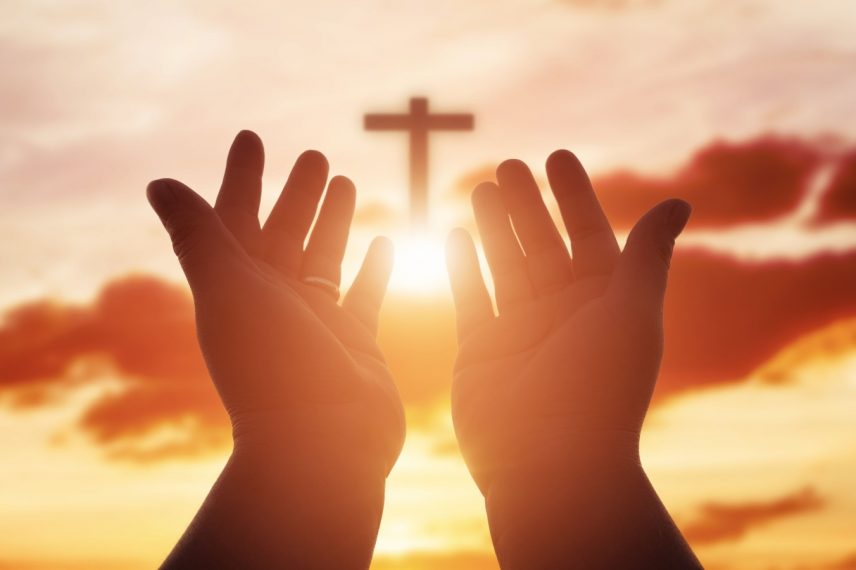Photo Credit: Shutterstock.
In a world filled with challenges and tough times, a few notable people have found comfort and guidance by turning to faith and a higher power. We’ll look into the stories of these well-known individuals who turned to their spiritual beliefs for help during hard times, showing how faith can be a powerful tool in overcoming life’s obstacles.
Nelson Mandela
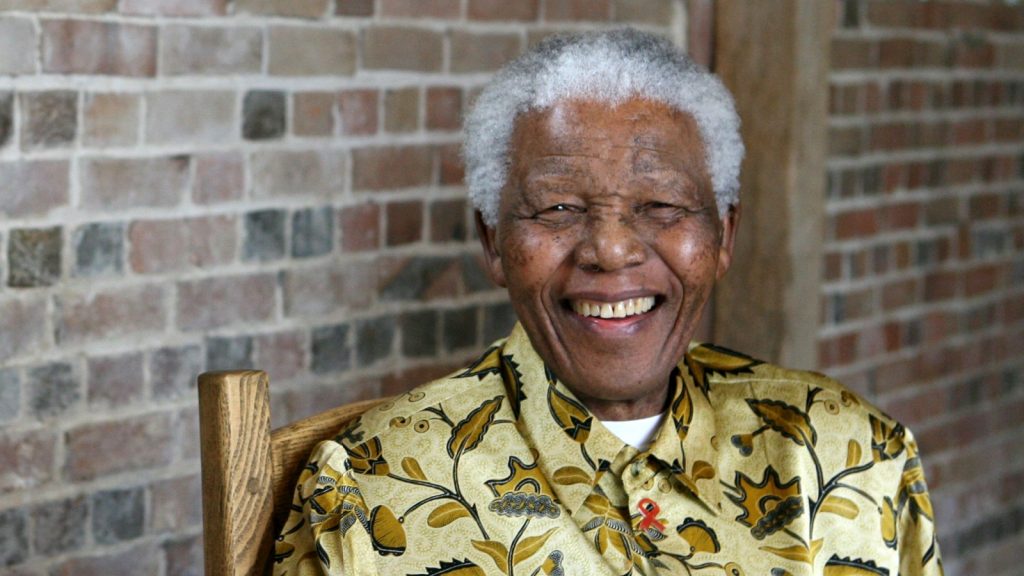
Despite imprisonment for 27 years, Mandela held on to his hope and faith in humanity and justice. He emerged as a proponent of reconciliation, leading South Africa through a peaceful transition from apartheid to democracy.
During his imprisonment, Mandela’s faith in the Christian sense was rarely publicly articulated, as his writings and speeches focused more on the struggle for justice, human rights, and reconciliation. However, the principles of forgiveness and reconciliation he championed are deeply rooted in Christian doctrine.
Malala Yousafzai

After surviving an assassination attempt by the Taliban for advocating girls’ education in Pakistan, the Muslim Malala has spoken about the role of her faith in her recovery and continued activism.
Elie Wiesel
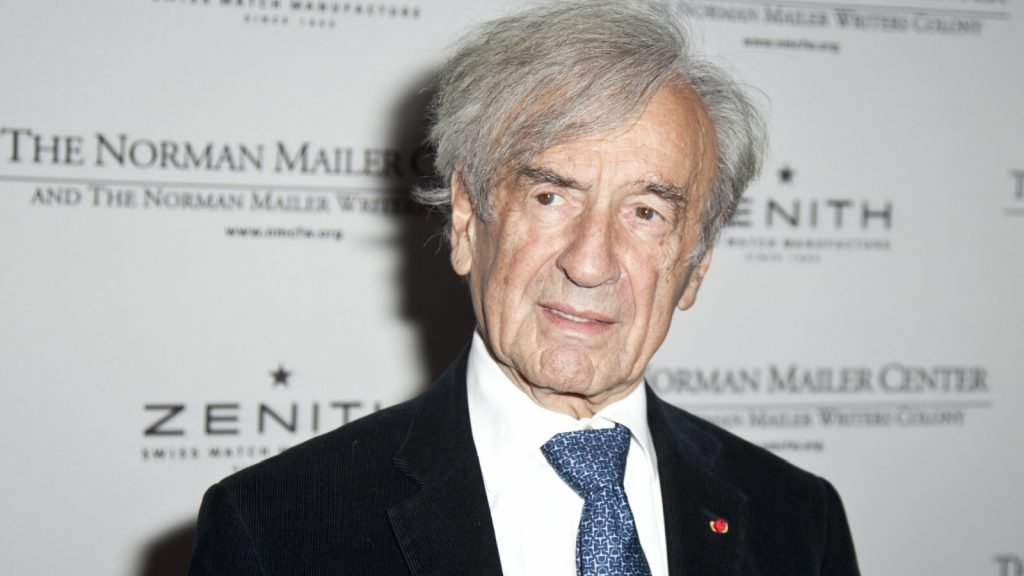
A Holocaust survivor who wrote extensively about his experiences in Nazi concentration camps: his works often explore his struggles with faith in the face of immense suffering and loss. Although some of Wiesel’s later works and public life may seem like he had a complex relationship with God, Wiesel once quoted:
“I would not be the man that I am, the Jew that I am, if I betrayed the child in me, the one who thought he had to live in God, if not for God. In truth, faith in God, I have never abandoned it. I affirm it, and I reaffirm it, for I feel the necessity [to do so.] I had to clarify this point before, I return to it.”
Corrie ten Boom

During World War II, she and her family hid Jews in their home to protect them from the Holocaust. She was eventually caught and sent to a concentration camp but survived. Her faith was a significant part of her story of forgiveness and healing after the war.
Harriet Tubman
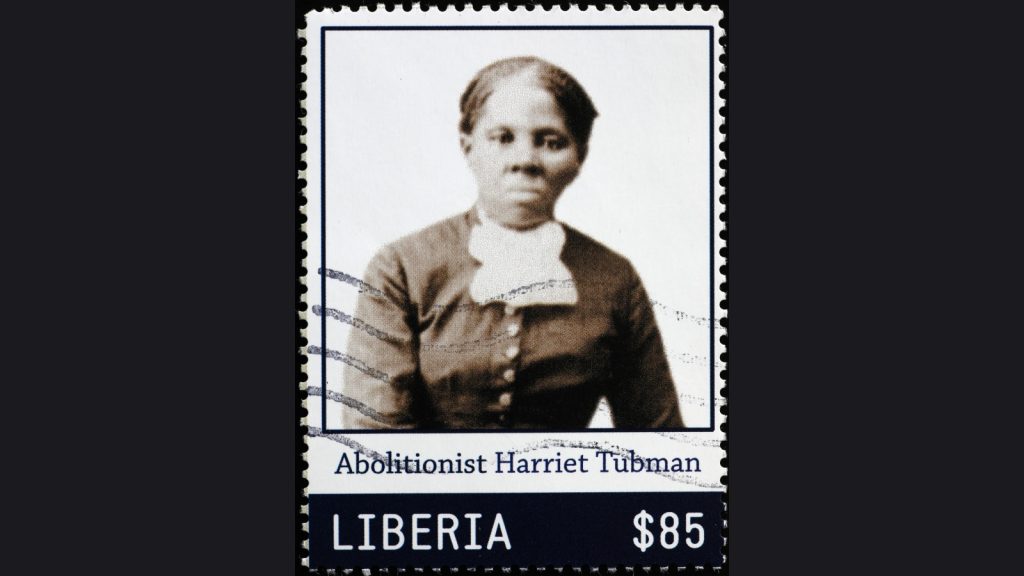
Tubman was an African American abolitionist who escaped slavery and then made some 13 missions to rescue approximately 70 enslaved people using the network of antislavery activists and safe houses known as the Underground Railroad. She was known for her deep faith, which guided her actions and comforted her during these dangerous missions.
Martin Luther King Jr.
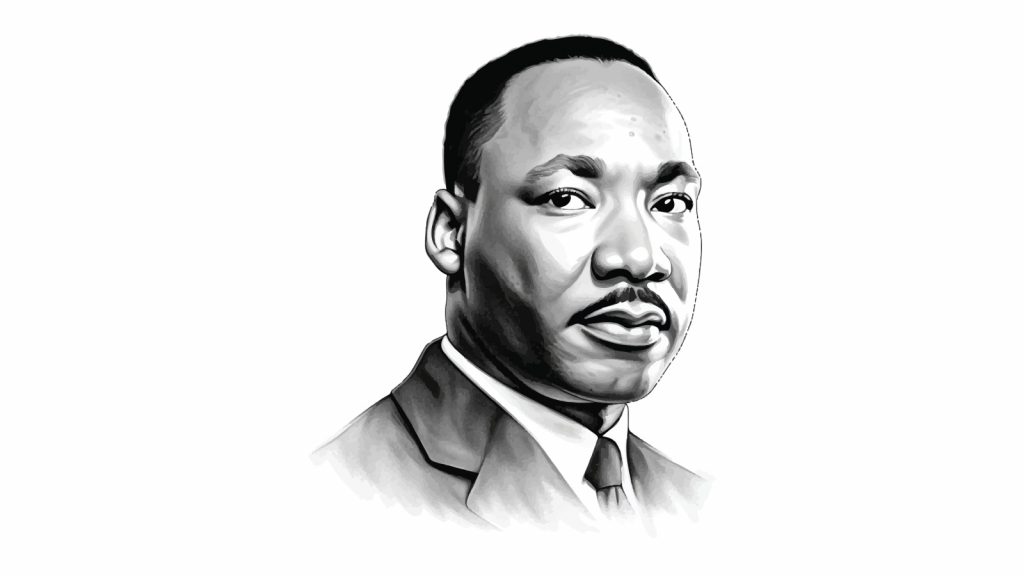
A leader in the American civil rights movement, he faced constant threats and violence, yet he remained steadfast, drawing strength from his Christian faith to advocate for nonviolence and equality.
Immaculée Ilibagiza

Ilibagiza was a Rwandan genocide survivor; she hid for 91 days in a small bathroom with seven other women. Her faith played a crucial role in her survival and her journey toward forgiveness and healing.
Etty Hillesum
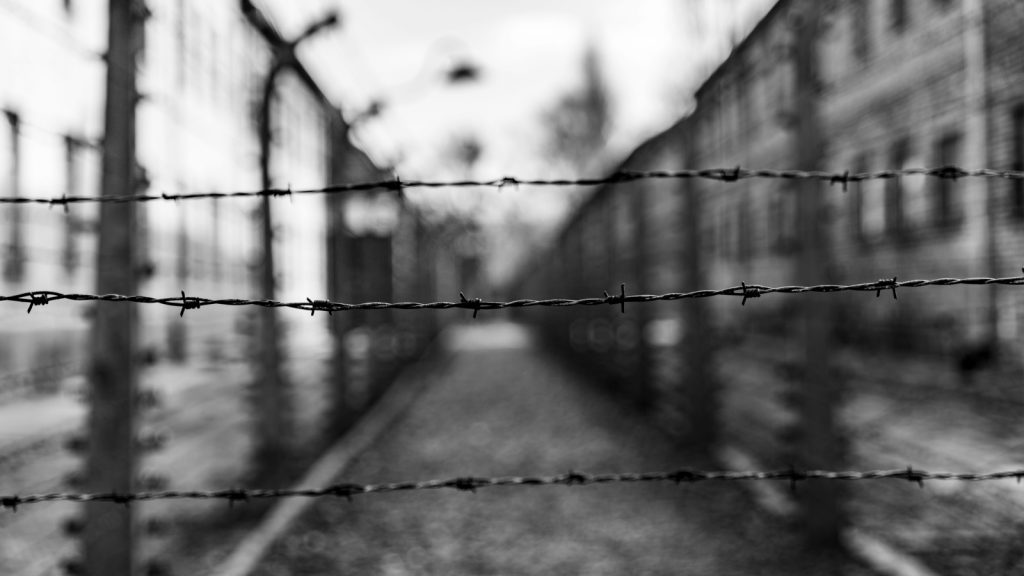
The most famous diary from WWII was written by the Jewish girl who hid from the Nazis, Anne Frank, but she wasn’t the only one. A young Jewish woman, Etty Hillesum, also wrote diaries during the Holocaust. Despite the escalating horrors, her writings reveal a deep spirituality and a profound sense of connection with God. She did not adhere strictly to traditional Jewish religious practices but developed a personal and direct relationship with God. This relationship was marked by dialogue, questioning, and a deep sense of unity with all of existence. Hillesum’s faith was not a retreat from the world but a means to engage more fully with it, even as it crumbled around her.
Fyodor Dostoevsky
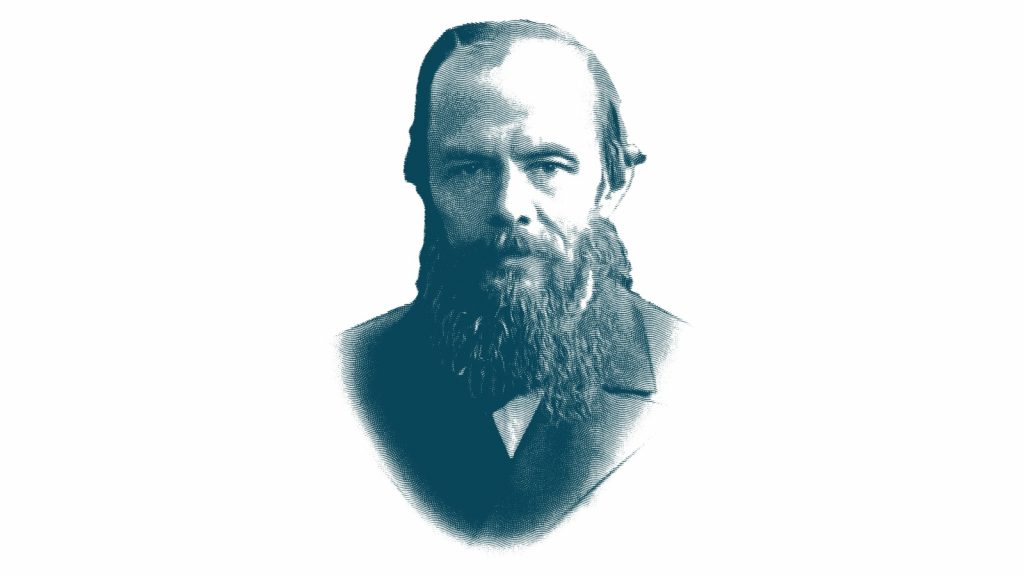
After facing a mock execution and years of imprisonment in Siberia, the Russian novelist explored themes of suffering, redemption, and faith in his works, suggesting a profound spiritual journey and reliance on faith. Separated from his intellectual circle and faced with the harsh realities of prison life, he turned to the New Testament, the only book he was allowed. This intense and isolated engagement with the Bible was pivotal, leading him to grapple with the themes of suffering, redemption, and the presence of God in human life.
John Newton
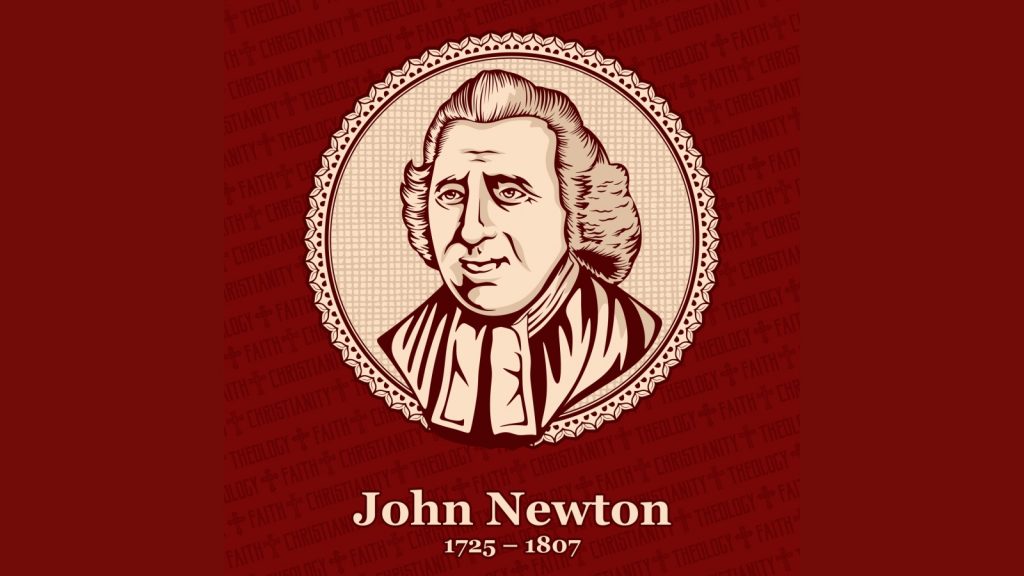
Once a slave trader, Newton underwent a dramatic spiritual conversion during a storm at sea. He later became an Anglican clergyman and wrote many hymns, including “Amazing Grace,” reflecting his profound Christian faith and repentance. His transformation from a faithless seaman to a man of deep faith makes John Newton’s life story exceptional.
Maximilian Kolbe
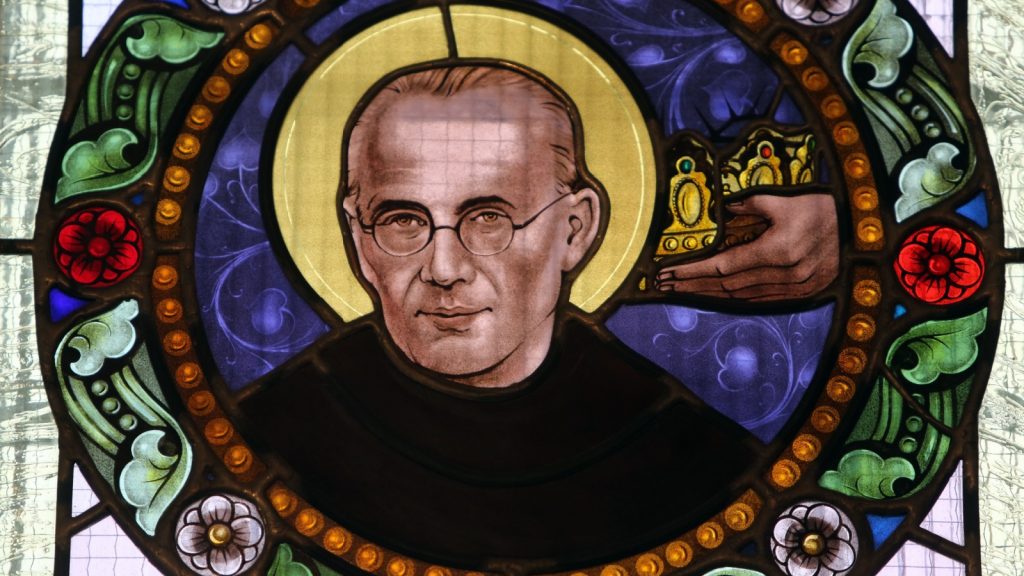
Kolbe was a Polish Franciscan friar who volunteered to die in place of a stranger in the Auschwitz concentration camp during World War II. Saint Maximilian Kolbe’s profound faith in Christianity profoundly influenced his decision to sacrifice his life for another at Auschwitz, making him an exemplar of Christian love and selflessness. His life and actions were deeply rooted in his Christian beliefs, particularly those of the Catholic Church and the Franciscan order to which he belonged.
Helen Keller
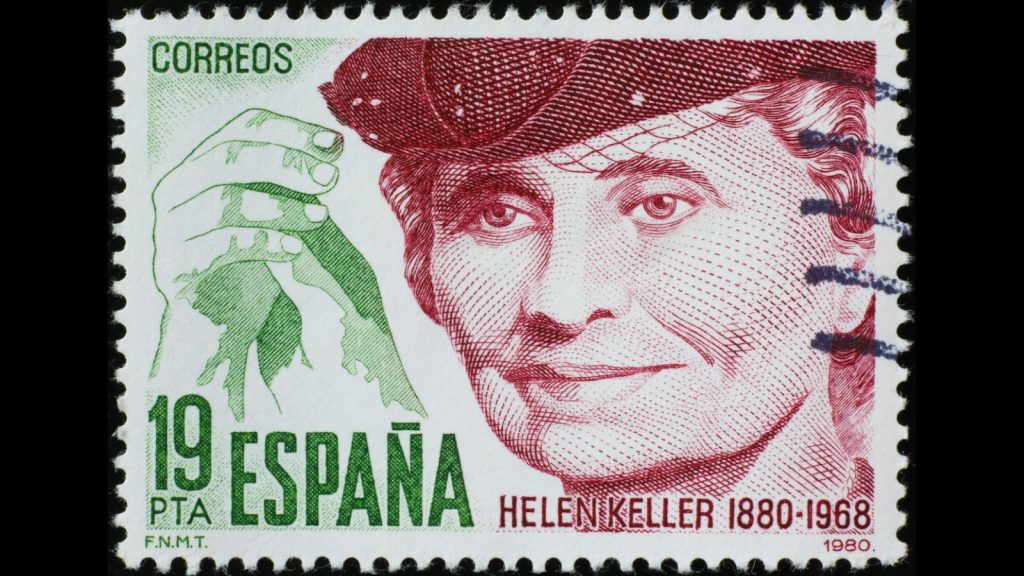
Despite being blind and deaf from a young age, Keller became a prolific author, political activist, and lecturer. She was known for her spiritualism and deep faith, which she often spoke of as integral to her ability to face her disabilities and advocate for others.
Desmond Doss
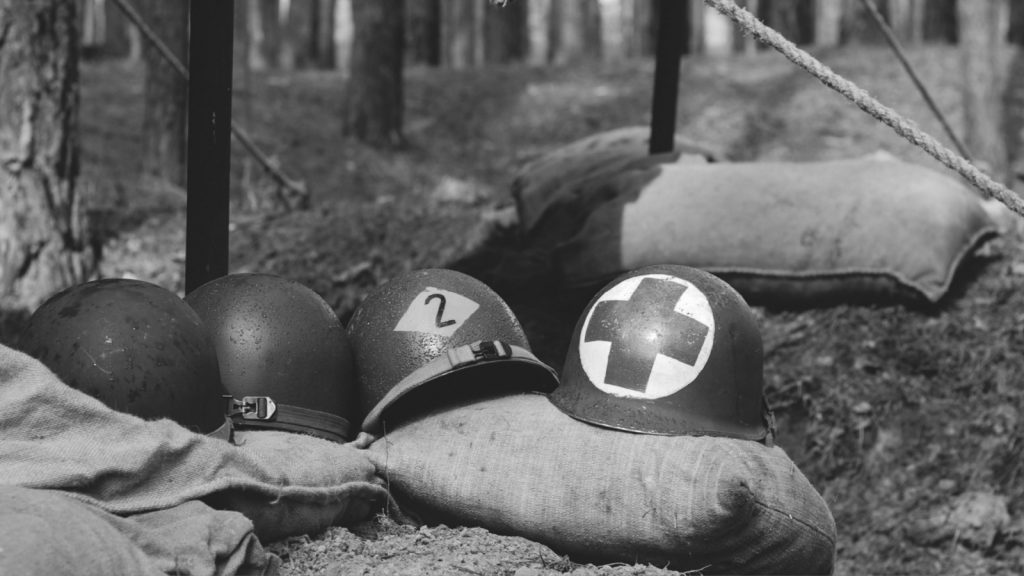
A conscientious objector during World War II, Doss served as a medic and refused to carry a weapon on religious grounds. He was awarded the Medal of Honor for saving many lives during the Battle of Okinawa, relying on his faith to uphold his principles under fire.
George Müller
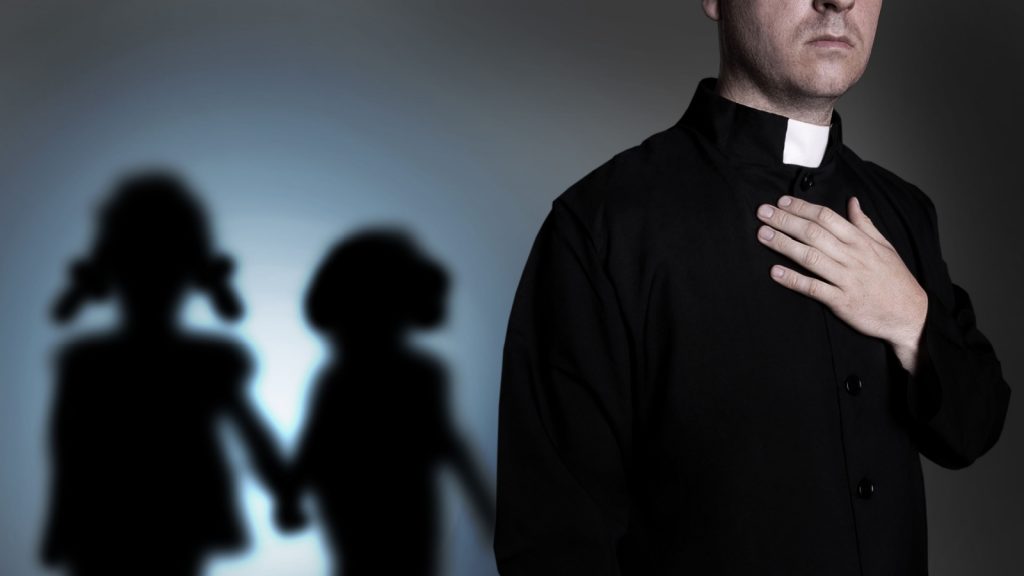
George Müller was a Christian evangelist and the director of the Ashley Down orphanage in Bristol, England; Müller was known for his deep faith in God’s provision. Despite never making requests for financial support, he managed to care for over 10,000 orphans during his lifetime, relying solely on unsolicited donations and his faith in God’s provision.
Malcolm X
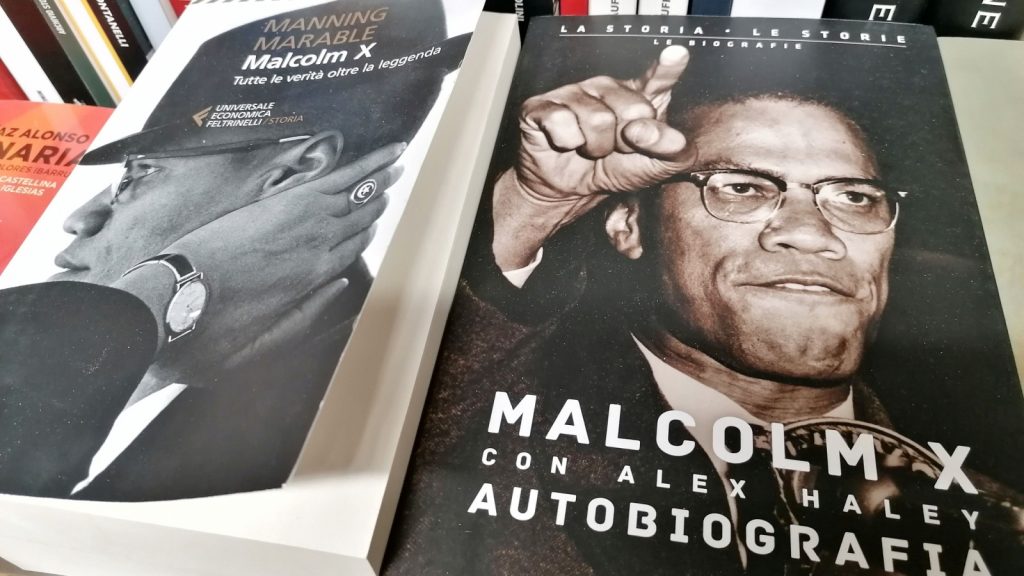
While initially advocating for the Nation of Islam’s teachings, his pilgrimage to Mecca transformed his worldview, leading him to embrace Sunni Islam. This profound spiritual journey altered his perspectives on race and justice, advocating for a more inclusive approach to civil rights.
Oscar Romero
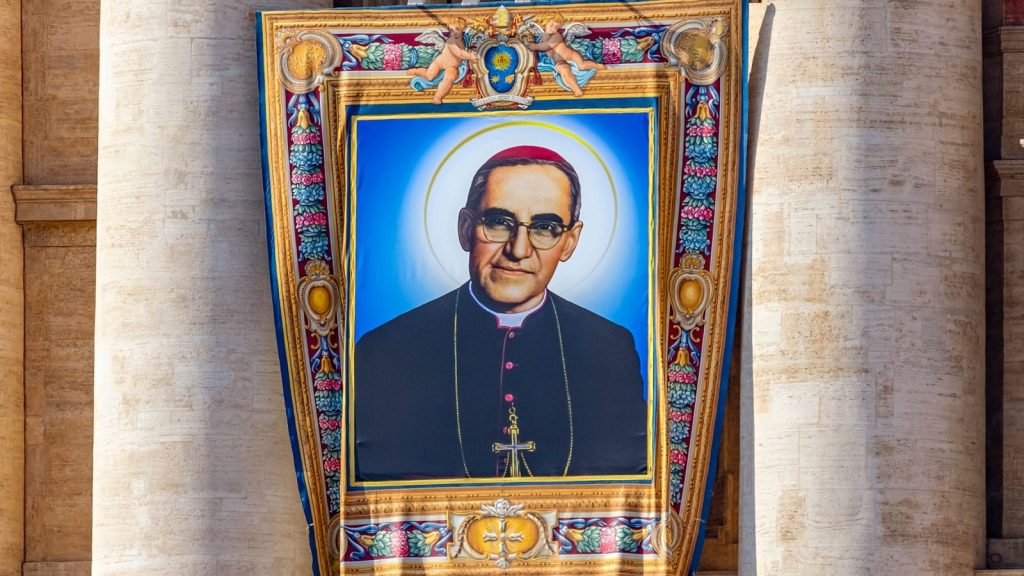
As the Archbishop of San Salvador during El Salvador’s civil war, Romero was initially cautious in his approach to the government’s actions. However, the assassination of a close priest friend and witnessing the suffering of the Salvadoran people transformed him. He became an outspoken advocate for the poor and oppressed, basing his actions on his deep Catholic faith, which eventually led to his assassination while conducting Mass.
Famous Figures Who Are Still Missing to This Day
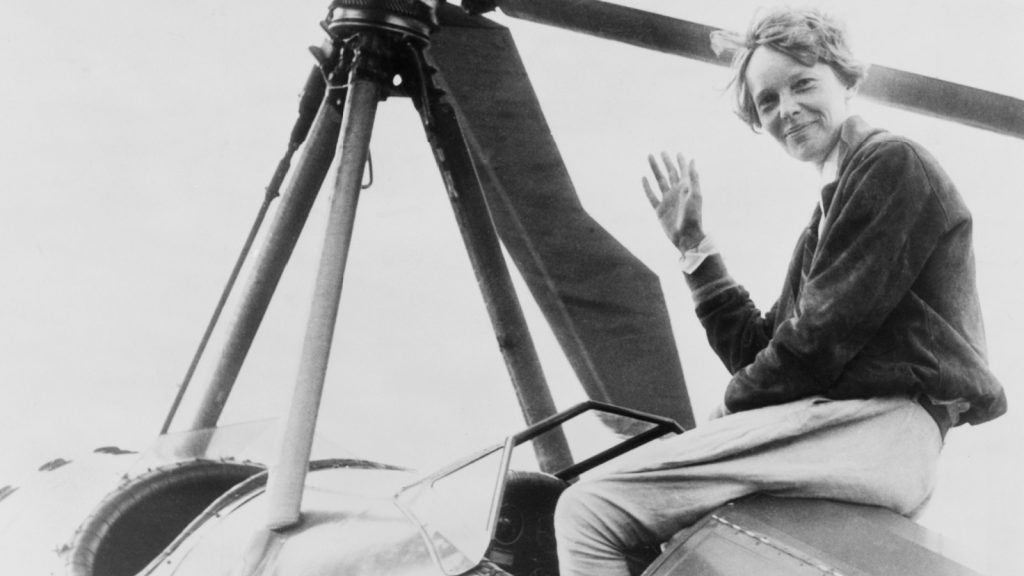
These famous figures’ mysterious disappearances have left us with more questions than answers. These puzzling vanishing acts have a way of captivating our imaginations, making us wonder what happened to these figures.
Famous Figures Who Are Still Missing to This Day
17 Celebrities You May Not Know Are Muslims
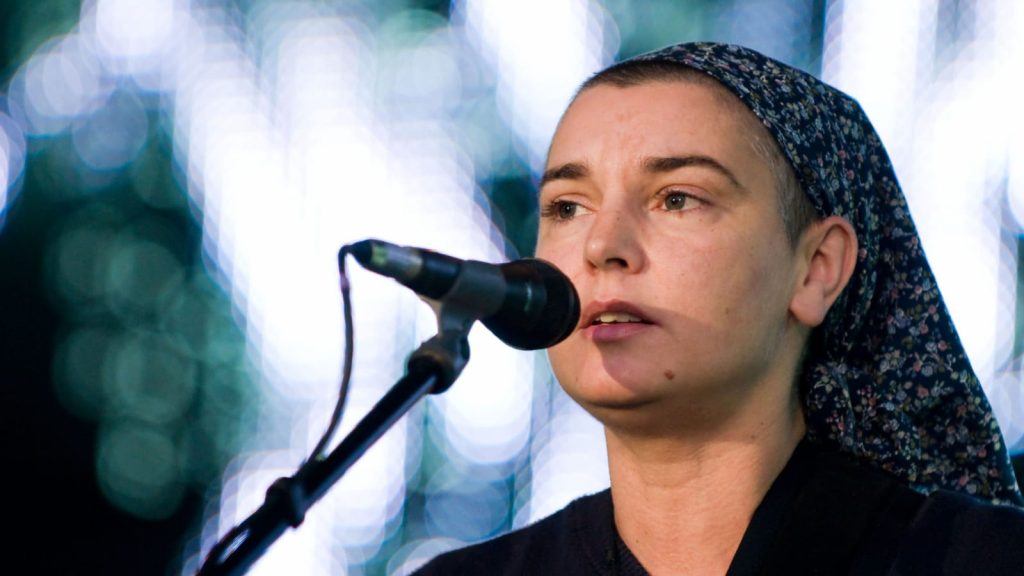
Muslims in Hollywood? Yep, you heard it right! We’re about to reveal the secrets of some A-listers who’ve kept their faith on the low. These celebrities have some interesting stories to share, whether it’s their glamorous lifestyles, exceptional talents, or unexpected spiritual journeys.
17 Celebrities You May Not Know Are Muslims





